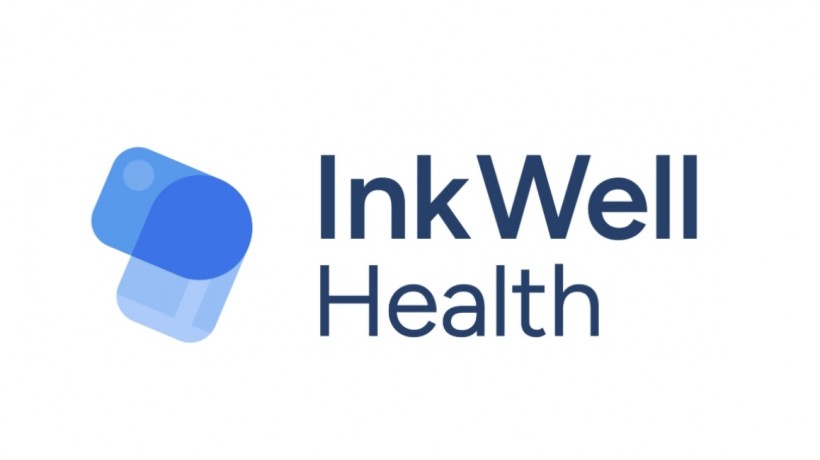InkWell Health, which has developed technology to help orthopaedic surgeons remotely monitor patients’ recoveries, has entered commercialization in the United States as it looks to raise capital and build out a network of doctors using its system.
With the help of temporary tattoos and a smartphone app, InkWell uses photos to model and track a joint surgery patient’s range of motion and how much swelling they are experiencing. Stickers containing heat-sensitive ink also allow the software to monitor their skin temperature for increases that could signal infection.
Founded by Dalhousie University orthopaedic surgery professor Dr. Michael Gross and helmed by CEO John Matthews, InkWell was incorporated in December of 2022. The company has offices in Waterloo and Las Vegas, and in April it was one of eleven businesses to receive $40,000 from Invest Nova Scotia via the provincial business development agency’s Accelerate startup program.
In the United States, InkWell’s technology is approved for sale as a Class 1 medical device — the least onerous level of oversight, largely reserved for non-invasive devices — and is already being used in several large surgery centres in Michigan. In Canada, the temporary tattoo is a Class 1 device and the app is a more tightly regulated Class 2 device, with Gross and Matthews in the midst of navigating the regulatory process.
“(InkWell) came out of an understanding that we were sending patients home after surgery, after a very short hospital stay or no stay at all, and they were really ill-equipped to judge whether they were progressing normally or abnormally,” said Dr. Gross in an interview.
“A lot of patients were coming back to the emergency room and using resources, a lot of patients were phoning in, a lot of patients were being seen unnecessarily and it caused anxiety to patients.”
South of the border, InkWell is relying primarily on orthopaedic technology distributors for its sales. The company has also so-far outsourced its manufacturing and software development work, with its one in-house employee being based in Halifax. Matthews said building out InkWell’s internal information technology and data management team, with a focus on machine-learning know-how, is a key priority for him and Dr. Gross.
Importantly for InkWell’s performance in the lucrative United States market, orthopaedic surgeons are not paid for time they spend with patients in the three months after they perform a surgery, meaning they are highly incentivized to favour remote-monitoring options where possible. Typically, a clinician in the U.S. can also bill insurance for about US$325 per patient they treat with InkWell’s technology, translating into hundreds of thousands of dollars of additional yearly revenue for many practices.
It was the health data gathered by InkWell’s system, though, that Matthews cited as among the company’s most potentially-lucrative revenue opportunities during an investor event at Halifax startup hub Volta on Wednesday.
“There are other systems in the market trying to infer range of motion using accelerometers, but they can’t do swelling and temperature,” he told the audience. “There are significant remote patient monitoring and remote therapeutic monitoring companies that need our data and have actually reached out to us for either strategic partnerships or an acquisition."










